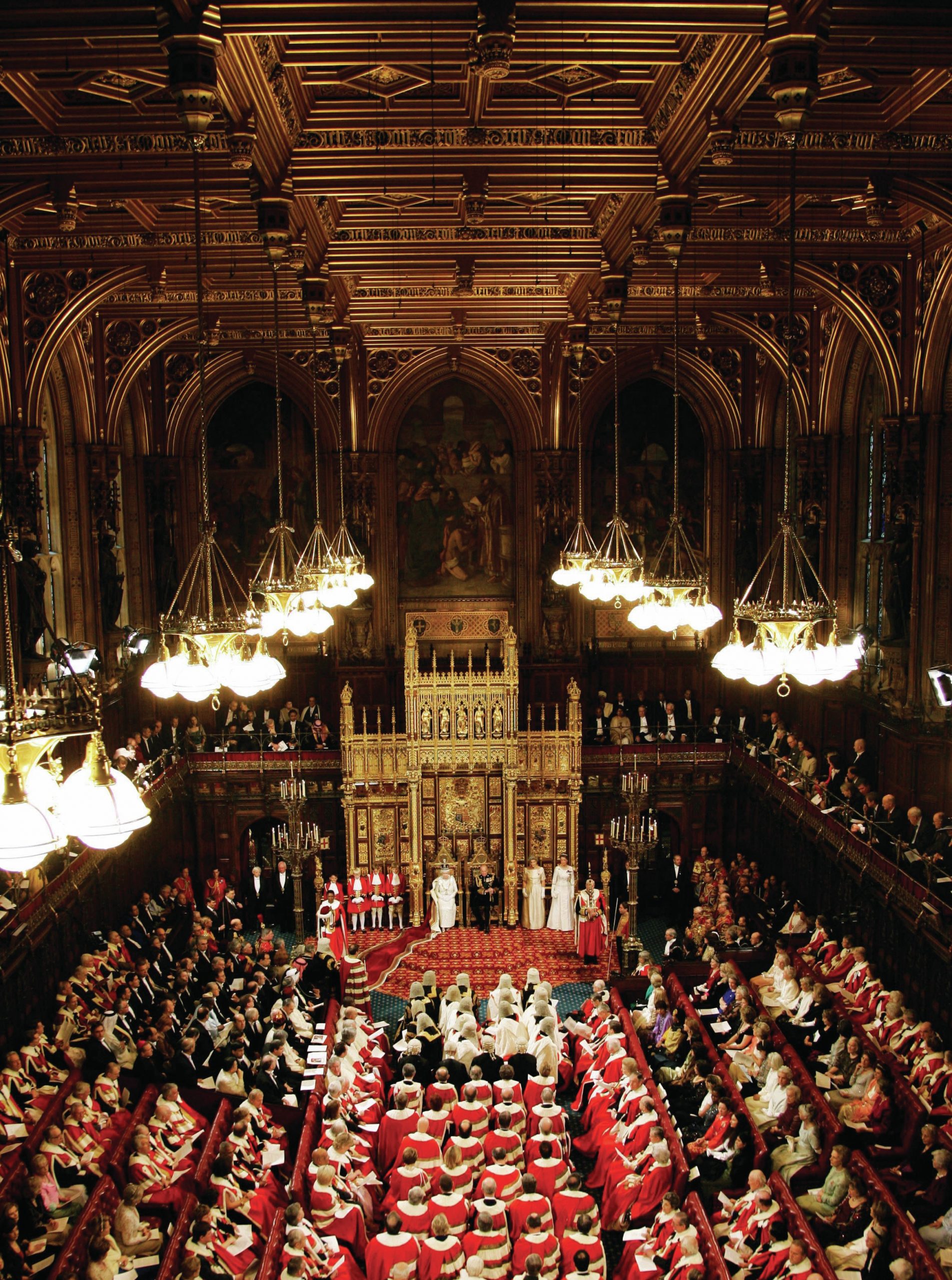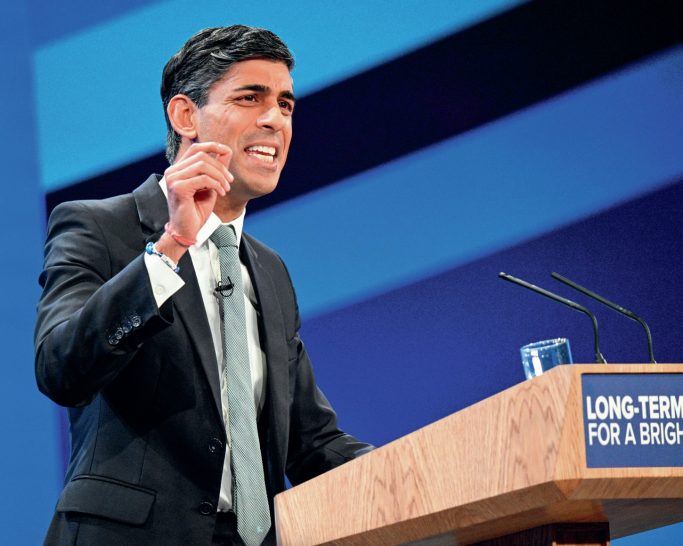
On 6 August 2012, the deputy prime minister, Nick Clegg, delivered a Commons statement in which he confirmed that the government would not be seeking to proceed with its House of Lords Reform Bill in the current Parliament — despite the bill having comfortably passed its second reading in the Commons. Such a failure to deliver can have come as no real surprise to those who have charted the course of Lords reform since 1997. Indeed, one might more reasonably be tempted to question just why the Liberal Democrat leader had invested so much hope and political capital in an enterprise that was, from the outset, so obviously doomed to failure.
It is worth remembering that the bill that was ultimately ‘kicked into the long grass’ in 2012 had not simply been ‘plucked from the air’ or ‘written on the back of a paper napkin’. It came instead at the end of a concerted cross-party effort, born in the wake of earlier failures. Moreover, the reversal came just 2 years after a general election campaign in which all three major parties had offered the prospect of significant progress on Lords reform.
Your organisation does not have access to this article.
Sign up today to give your students the edge they need to achieve their best grades with subject expertise
Subscribe




